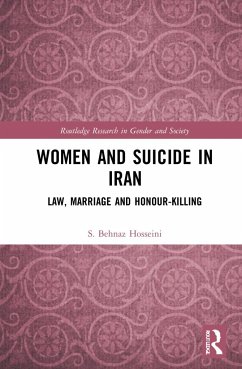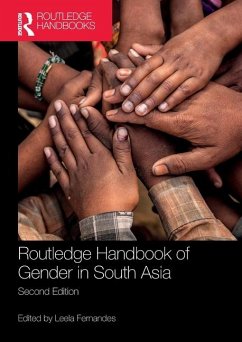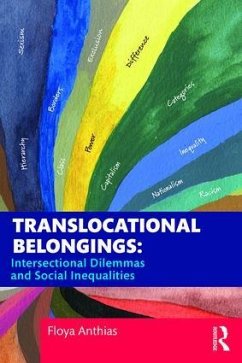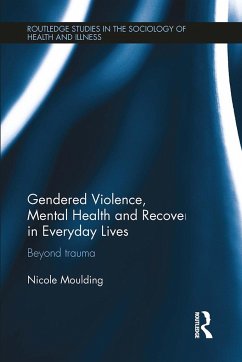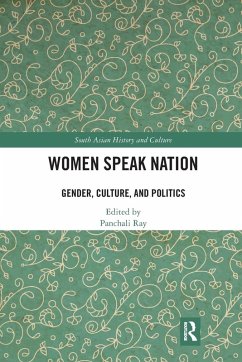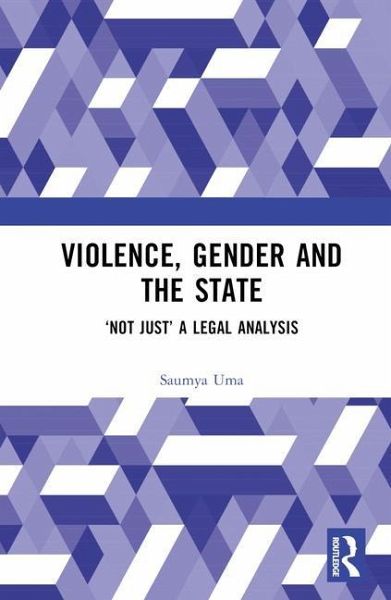
Violence, Gender and the State
'Not Just' A Legal Analysis
Versandkostenfrei!
Versandfertig in 6-10 Tagen
154,99 €
inkl. MwSt.
Weitere Ausgaben:

PAYBACK Punkte
77 °P sammeln!
This book examines the adequacy of laws in India as a response to sexual and gender-based violence against women.It addresses questions such as: is law doing enough in responding to violence against women in India? Where are the barriers and bottlenecks, particularly for women from marginalised communities? What can be done to ensure that justice is rendered? Based on women's experience of violence, not solely on the basis of gender, but a combination of caste, class, and religious and gender identities, the book examines law as a response to gendered violence against women in India through th...
This book examines the adequacy of laws in India as a response to sexual and gender-based violence against women.
It addresses questions such as: is law doing enough in responding to violence against women in India? Where are the barriers and bottlenecks, particularly for women from marginalised communities? What can be done to ensure that justice is rendered? Based on women's experience of violence, not solely on the basis of gender, but a combination of caste, class, and religious and gender identities, the book examines law as a response to gendered violence against women in India through the lens of intersectionality. It combines socio-legal and feminist analyses of relevant statutes on sexual and gender-based violence, their judicial interpretations, their implementation by law enforcement agencies, and their ramifications for women's lives.
This book will be of interest to academics, research scholars, and students in a range of disciplines, including law, women's studies, gender and sexuality studies, victimology, sociology, political science, and human rights. It will also be useful for policymakers, advocates, judicial officers, paralegal workers, women's rights campaigners, non-profit organisations and, globally, anyone interested in and concerned with justice for women in India.
It addresses questions such as: is law doing enough in responding to violence against women in India? Where are the barriers and bottlenecks, particularly for women from marginalised communities? What can be done to ensure that justice is rendered? Based on women's experience of violence, not solely on the basis of gender, but a combination of caste, class, and religious and gender identities, the book examines law as a response to gendered violence against women in India through the lens of intersectionality. It combines socio-legal and feminist analyses of relevant statutes on sexual and gender-based violence, their judicial interpretations, their implementation by law enforcement agencies, and their ramifications for women's lives.
This book will be of interest to academics, research scholars, and students in a range of disciplines, including law, women's studies, gender and sexuality studies, victimology, sociology, political science, and human rights. It will also be useful for policymakers, advocates, judicial officers, paralegal workers, women's rights campaigners, non-profit organisations and, globally, anyone interested in and concerned with justice for women in India.





